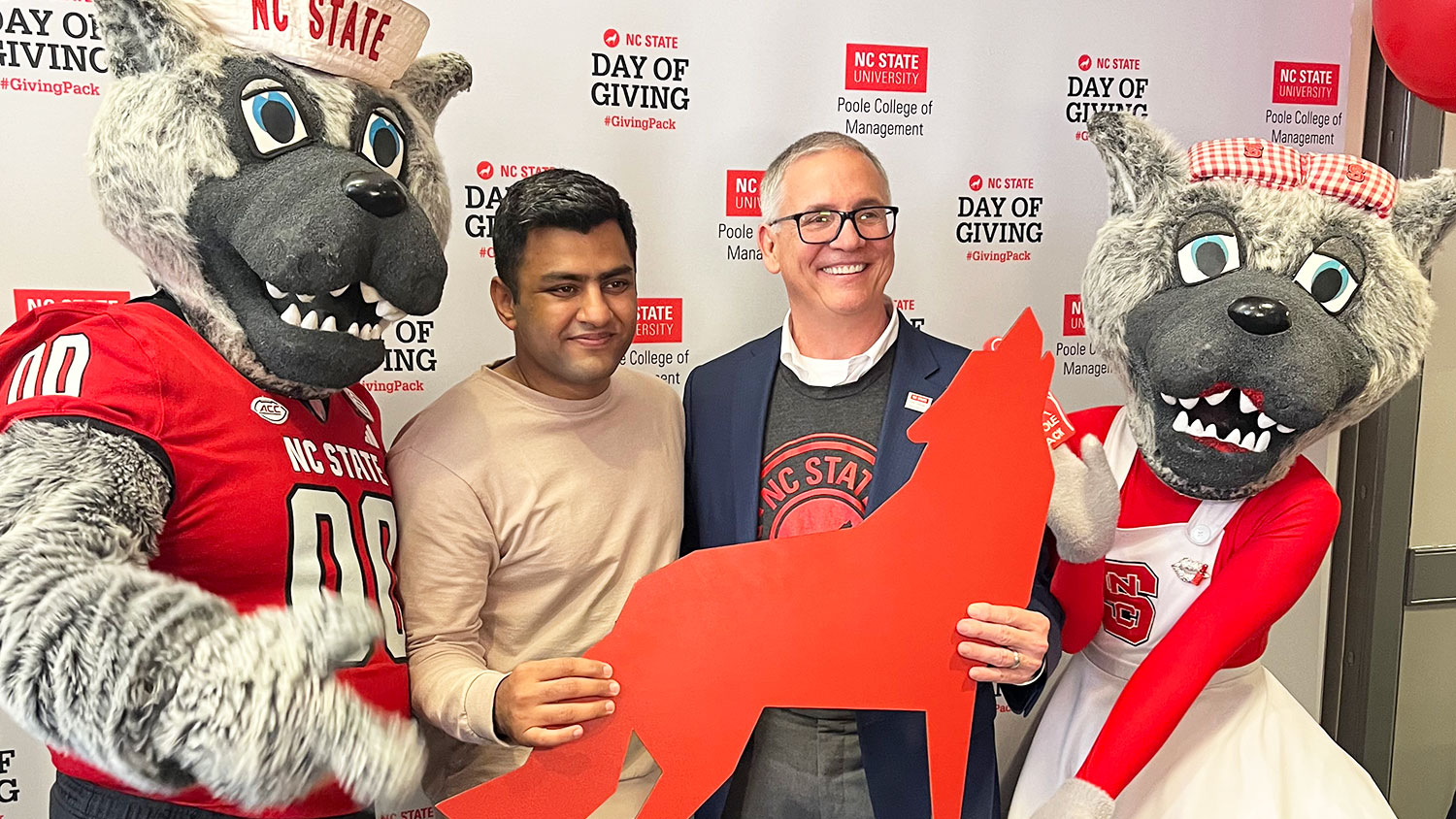Researchers Develop New Way of Measuring ‘Reality’ of Virtual Worlds
A global economy, the rising cost of travel, and increasingly tight budgets have left companies exploring the possible use of virtual worlds to train employees and foster collaboration in areas such as research and development, but until now no one has had a way to measure just how “real” those worlds are. The researchers focused on developing a measurement tool specifically for business applications in the virtual world, noting that the productivity and effectiveness of workers interacting via these online environments is closely linked to how well the workers are able to feel as if they are in the virtual realm.
“This is an important issue,” Montoya says, “because we believe that if users feel they are ‘present’ in the virtual world, they will collaborate better with other members of their team – and the more effective the virtual world will be as a setting for research and development or other collaborative enterprises.” In addition, Montoya explains “an increased sense of presence in the virtual world leads to better comprehension and retention of information if the technology is being used for training purposes, and trainees are happier with the process.”
The measurement scale developed by the researchers for the virtual world is called Perceived Virtual Presence (PVP), and factors in how users interact with the virtual environment, with their work in that environment, and with other users. “Now that we have developed the PVP scale,” Montoya says, “it can be used to determine which PVP levels are most conducive to training, collaboration or other applications.” Effectively, the PVP scale can be used to design a virtual environment that has the degree of reality that will best cater to a company’s specific needs.
Montoya developed the PVP metric with Anne P. Massey, Dean’s Research Professor of Information Systems at Indiana University’s Kelly Graduate School of Business.
More information: contact Mitzi Montoya, Zelnak Professor of Marketing Innovation


